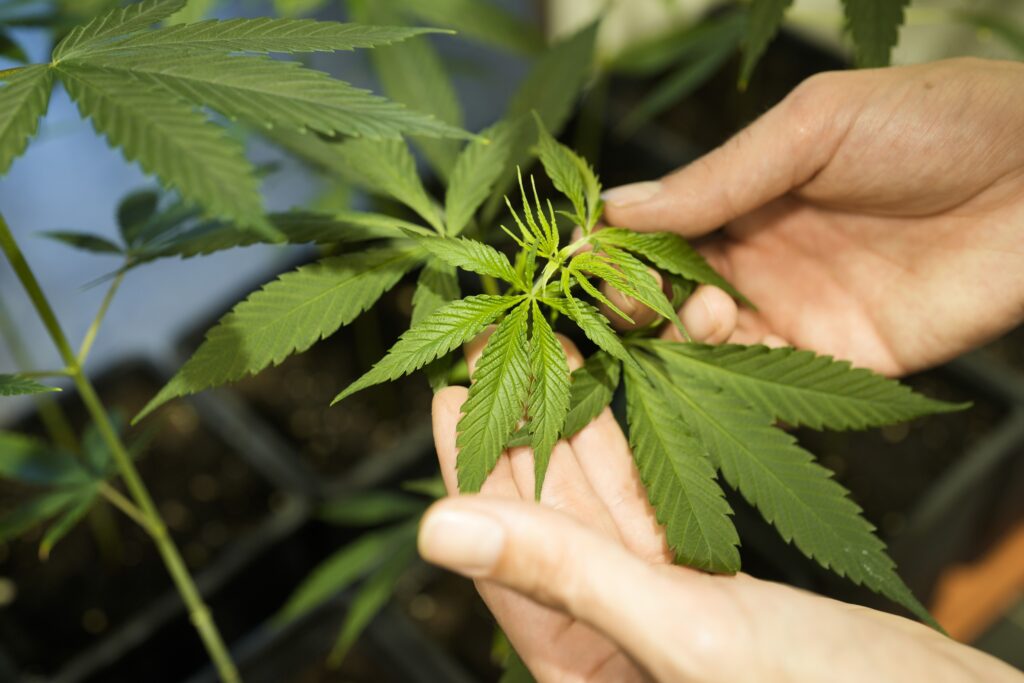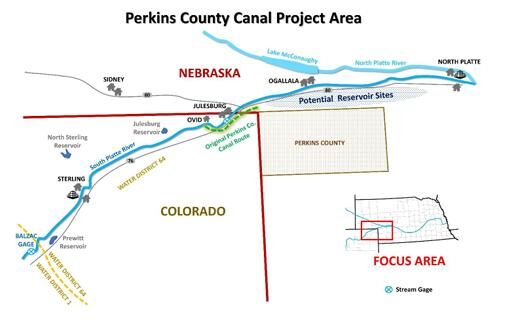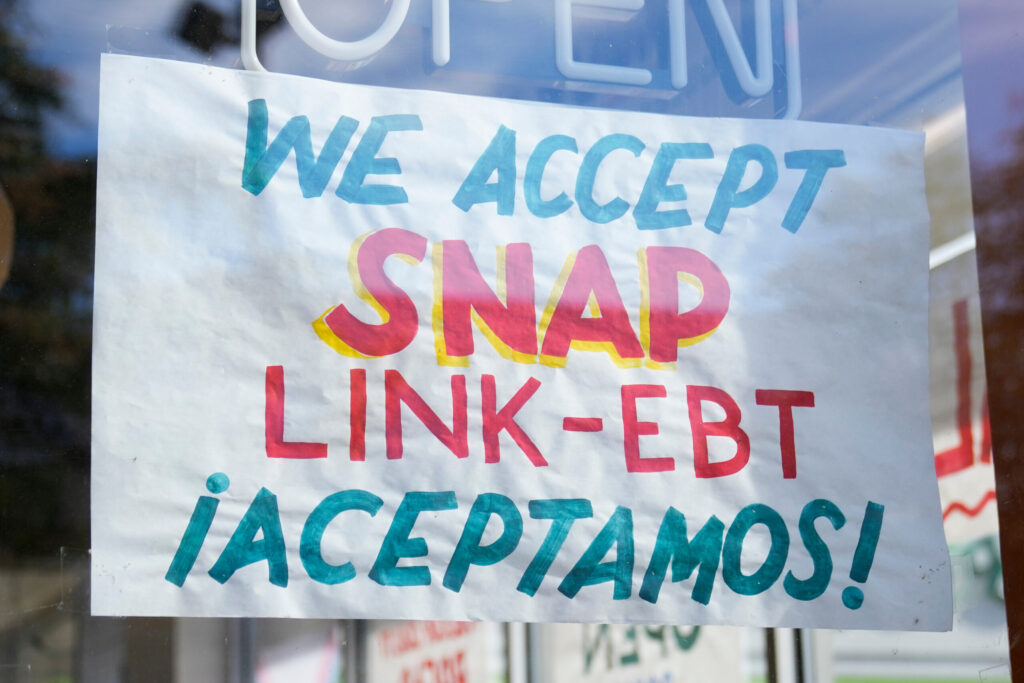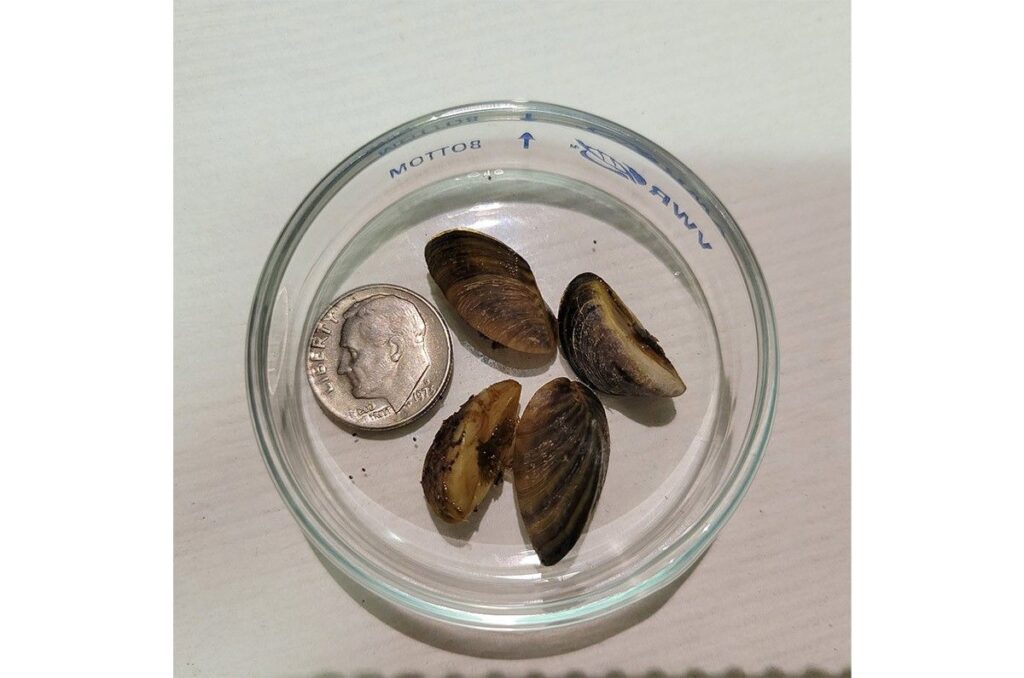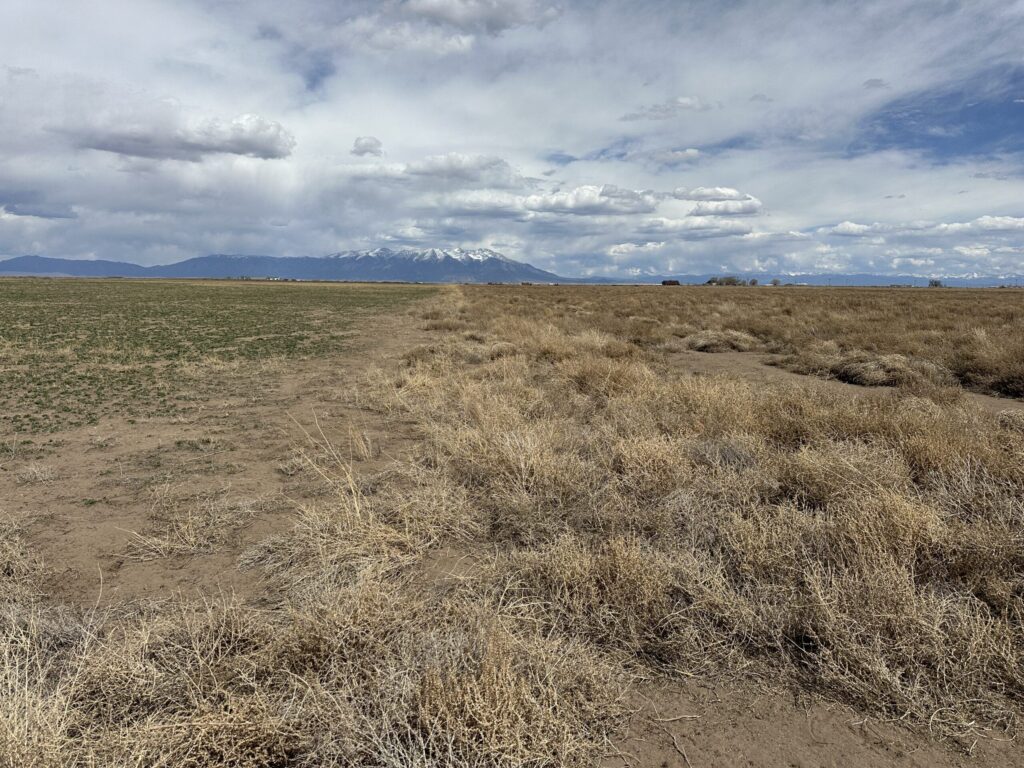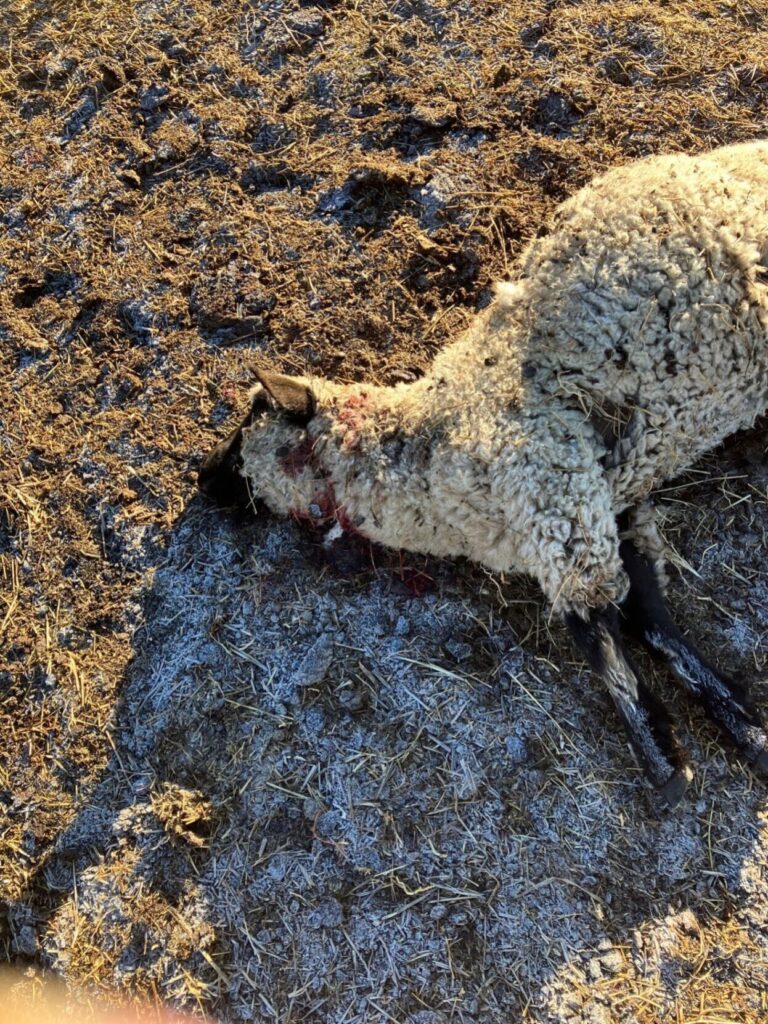Congress cracks down on intoxicating hemp, but high-potency pot products get a free pass┃Vince Bzdek
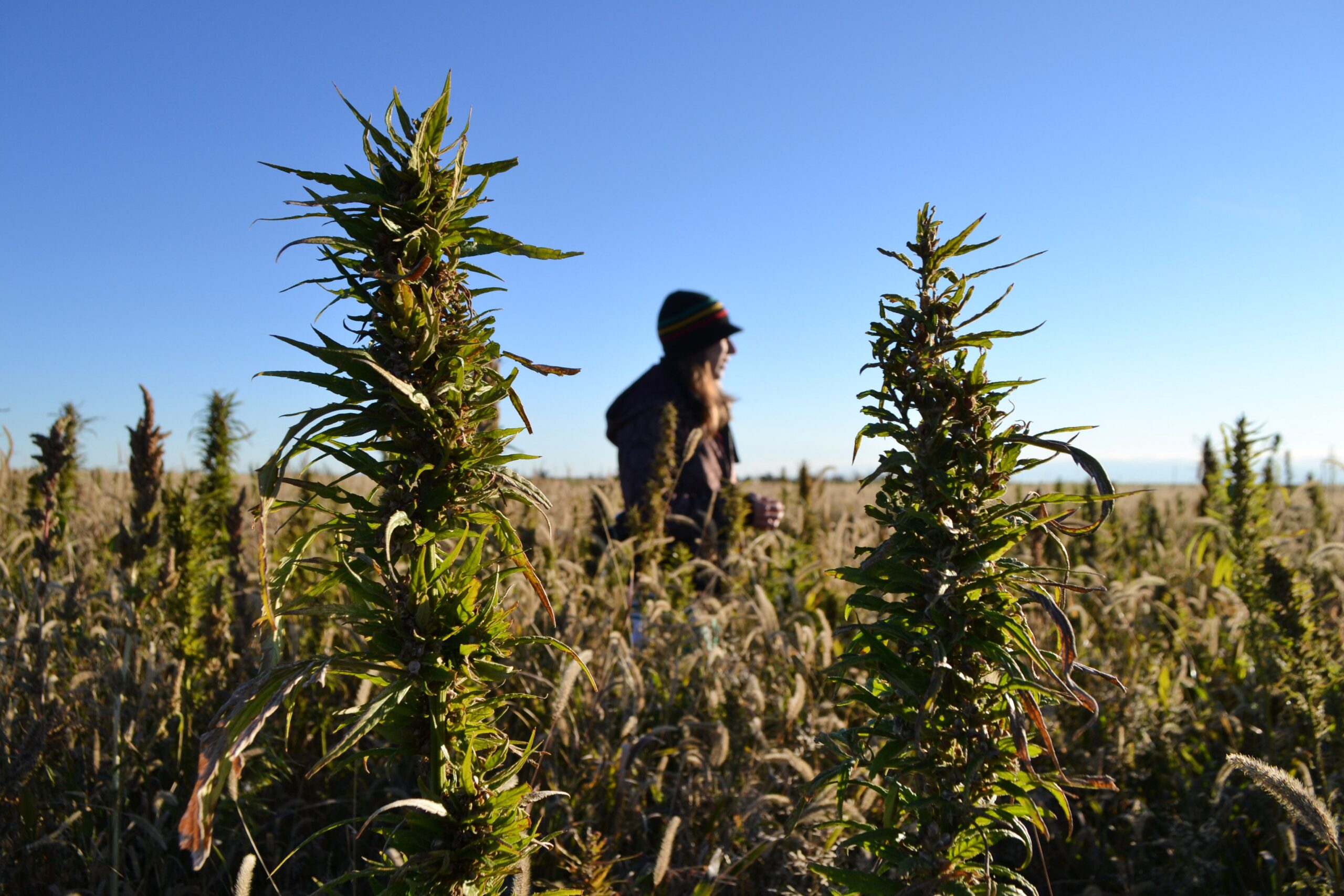
Buried deep in the bill to reopen the government was a little Easter egg: a ban on all intoxicating hemp products nationwide.
Hemp-derived cannabinoids recently reached a total of $28.4 billion in annual sales across the nation, exceeding annual sales of marijuana products, according to a 2023 analysis by Whitney Economics, a firm that analyzes trends in the cannabis industry.
That’s right, this is a bigger industry than marijuana right now, and the government just outlawed it.
Backers of this industry in Kentucky and Texas, such as Sen. Rand Paul, are crying foul, saying Congress just ruined the livelihoods of a bunch of farmers and hemp entrepreneurs.
Boo frickin hoo.
The bill simply recriminalizes products that were legalized by a loophole in the 2018 farm bill.
At the time of the bill’s passage, Senate Majority Leader Mitch McConnell, R-Kentucky, said he was merely championing a farm product from his state, a “distant cousin” to marijuana which would be used for rope, clothes, even a pen, and maybe “hemp-infused beer.”
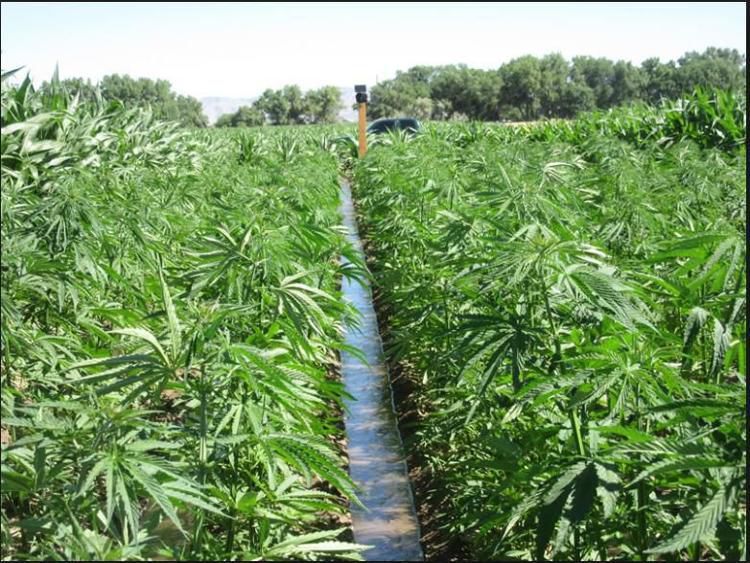
Instead, unregulated edibles flooded the market due to a misintrepretation of the bill’s language. Because these products were often sold outside of tightly regulated state marijuana markets, the federal government has increasingly flagged concerns about them: safety monitoring, marketing to minors, lack of regulatory controls, the health risks of synthetic marijuana.
Colorado in fact had already banned the sale of intoxicating hemp manufactured through chemical synthesis from the shelves of marijuana shops, investigative reporter Chris Osher tells me.
Though this ban probably helps the marijuana industry by reducing competition, there are still very good reasons for it, both statewide and nationally.
State regulators with Colorado’s Marijuana Enforcement Division have issued bulletins warning against hemp THC products manufactured through chemical processing, saying they cannot ensure that those products aren’t toxic, possibly causing health problems for users.
“These changes are crucial because hemp-derived Delta-8 and Delta-9 THC, two of the most popular drugs this industry pushes, are linked to horrific physical and mental health consequences — everything from hallucinations, vomiting, tremor, anxiety, dizziness, confusion, and loss of consciousness to severe psychosis-like events and severe illness and hospitalizations for children,” Luke Niforatos, SAM’s executive vice president told Osher.
Despite the ban on the sale of hemp-derived THC products, marijuana cultivators and manufacturers in the state complain that cheap, synthetically-derived hemp products, such as vapes and edibles, have continued to end up on the shelves of marijuana dispensaries in the state, Osher reports. More on that story later.
The Catch-22
But here’s the part of this story that makes no sense.
While the FDA has issued warnings to companies that sell hemp-derived products, citing reports of harm, it has not intervened over growing health concerns about high-potency marijuana at all. The FDA is rightly worried about these hemp products, but in reality, they should be equally or more worried about the profusion of risky and high-potency marijuana products now legal in half the United States.
Are these hemp products bad? Yes. Are some marijuana products worse for your health? Yes.
An agency spokesperson told The New York Times last month that hemp was a higher priority because it is not regulated in many states and is more widely available. She said states that have legalized marijuana, such as Colorado — the very first state to legalize — are enforcing a raft of regulations on pot, so they aren’t as concerned about it.
Yet as marijuana legalization spreads across the country, people are consuming more of the drug at ever-higher potencies, and emergenccy room visits and poison control reports are spiking. The New York Times has done extensive reporting in the last year showing that a growing number of mainly heavy users have experienced addiction, psychosis and other harmful effects.
In interviews and surveys, hundreds of people told The Times about “serious — sometimes frightening — symptoms that they were stunned to learn could be caused by cannabis.”
In a letter to Congress, state attorneys general warned that cannaboid exposures reported to poison control centers among children ages 6-12 in Indiana, for example, have risen 62% between 2022 and 2024.
Why treat hemp-THC products so strictly when state-legal marijuana products may have equal or greater potency/risks?
The main reason is marijuana is in a legal gray zone. Because marijuana remains federally illegal even though 24 states have legalized it, the federal government doesn’t feel the need to crack down on it uniformly in the same way it is cracking down on hemp. And because these hemp products fall outside the regulated marijuana market, there is less consumer-protection infrastructure, the feds reason. That doesn’t make some of these high potency marijuana products safer, though.
What is banned
Thirty-nine state attorneys general, including our own Phil Weiser, signed the letter on Wednesday asking Congress to outlaw intoxicating hemp products at the federal level.
Specifically, the following products will be banned when the new law takes effect in one year:
- Gummies, chews, chocolates, baked edibles, vapes, oils, tinctures or any other product with any THC dose higher than 0.4 milligrams per package or container.
- Any consumer products containing delta-8 THC, delta-10 THC, HHC, and THCA.
For products that contain non-intoxicating CBD, they would remain legal. Industrial hemp fiber and grains would also not be impacted.
The average THC content in a legal marijuana concentrate product in Colorado right now? About 67.8%. The average THC concentrate of retail buds is about 19.2%.
So the FDA is freaking out about any intoxicating hemp product with more than .04 mg of THC, but hasn’t sent any warning letters at all to dispensaries, consumers or growers warning about gummies that are 67.8% THC.
CDC warnings
I did check the CDC website to see what it says about cannabis, and there are some serious warnings there, to be sure.
“People who use cannabis can struggle with physical dependency and controlling their use. This is concerning as there is evidence suggesting the use of highly concentrated THC products is associated with more severe cannabis use disorder symptoms.”
The posting also says: “Cannabis use directly affects brain function –- specifically the parts of the brain responsible for memory, learning, attention, decision making, coordination, emotions and reaction time.
“It could also lead to increased risk of stroke, heart disease, and other vascular diseases.”
In the mental health category, the posting says “Cannabis use has been linked to social anxiety, depression, and schizophrenia …”
It also warns about toxic pot:
“Edibles, or food and drink products infused with cannabis, have some different risks than smoked cannabis, including a greater risk of poisoning.”
And risks to children:
“Some cannabis edibles have packaging designed to mimic the appearance of well-known branded snacks and candy that appeal to children, which increases the risk for unintentional ingestion. Children who confuse THC-containing products can become very sick.”
So clearly there is federal concern about marijuana as well as intoxicating hemp. So why the double standard when it comes to actually doing something about it?






